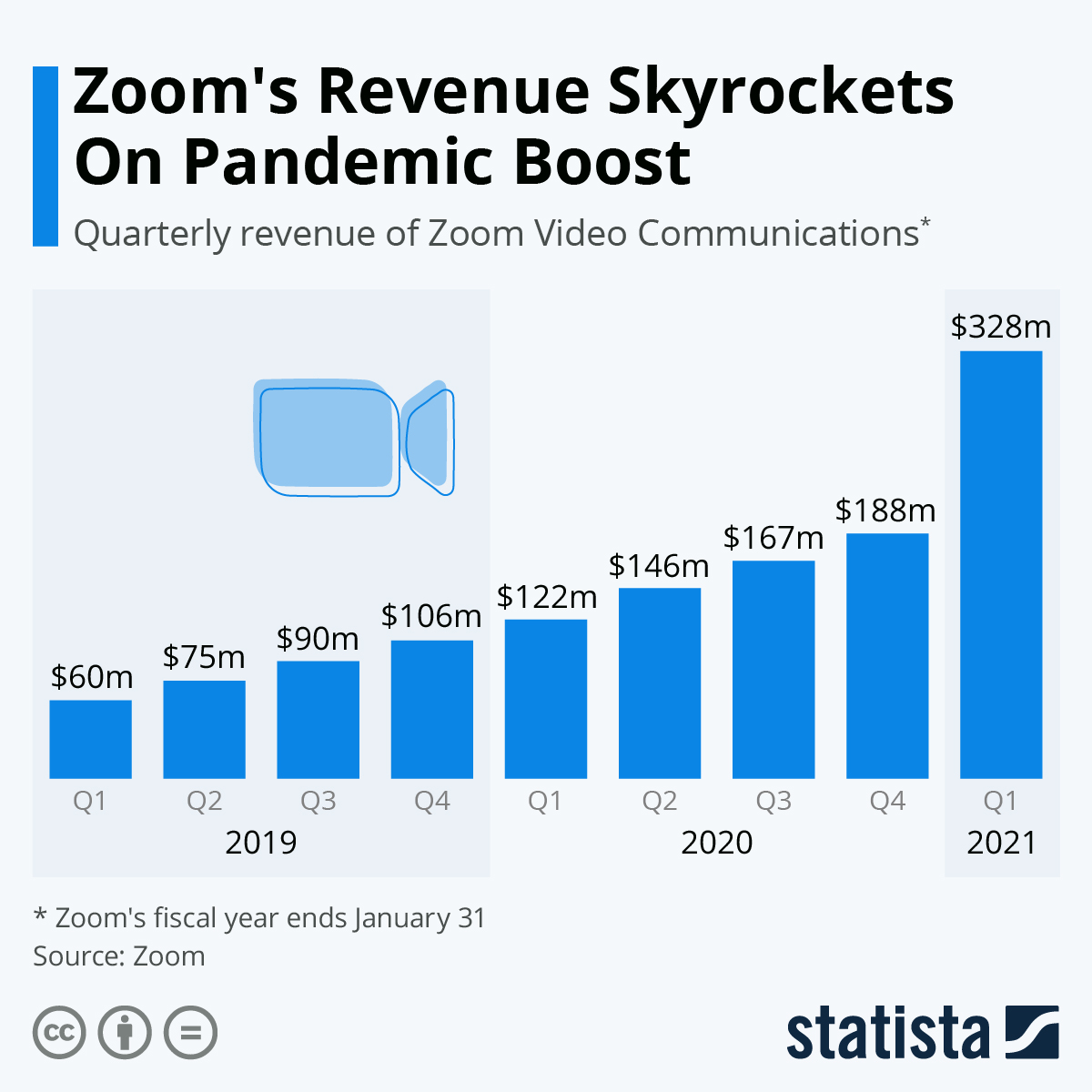Zoom eyes office in Saudi Arabia and a data centre in Mideast and North Africa
Video communications platform is building its presence in Mena by increasing partners and hiring more people

Zoom is making big investments in the Gulf Cooperation Council (GCC) countries as it has become a household name due to coronavirus lockdowns.
Speaking to TechRadar Pro Middle East, Sam Tayan, Managing Director for Middle East and North Africa (Mena) at Zoom, said that they are looking to open an office in Saudi Arabia and a data centre in the region but did not give more details.
“Because of Covid-19, the timeline is sometimes challenging. We are building our presence in the region, increasing our partners and hiring more people. We have an office in Dubai [UAE] and planning to grow and reach out to as many customers as we can in the region,” he said.
He said that the UAE and Saudi Arabia are the biggest markets in the region for Zoom and has 17 co-location data centres globally.
Zoom, which opened an office in UAE recently, is planning to have more than nine members by the end of the year.
The San Jose-headquartered company, which catapulted from an unknown video communications tool to a household name, has been taking on the deep-pocketed rivals such as Microsoft, Google, Cisco and Facebook as video conferencing becomes a staple of daily life.
The conferencing platform grew from 10m daily video call participants in 2019 to 300m in April, including both free and paid customers.
Are you a pro? Subscribe to our newsletter
Sign up to the TechRadar Pro newsletter to get all the top news, opinion, features and guidance your business needs to succeed!
Tayan said that the growth has more than surpassed their expectations, both globally and regionally.
“We focus on our customers and our strategy for growth is to find an excellent and scalable customer experience by providing the right tools, right facilities and right aspects of the product, whether it is attending a meeting or webinar via browser or mobile and provide quality video and audio experience,” he said.
Moreover, he said that 49 people can be on the screen at the same time in a video call or 1,000 attendees in a meeting or 50,000 people in a webinar.
However, the company had faced a lot of criticism for a string of security and privacy failings in March and April.
“We listened to our customers and the market and made several regular changes and updates to the platform and launched version 5.0, which includes better encryption, security and privacy features,” he said.
Aims to be de facto communications tool

“We believe that we have the most secure collaboration platform in the market right now with the support for AES 256-bit GCM (Galois/Counter Mode) encryption from the end of May, which provides added protection for meeting data and greater resistance to tampering,” Tayan said.
Zoom takes user privacy, security and trust extremely seriously, he said.
Moreover, he said that paid users will get more for their money, such as end-to-end encryption.
Even though the app started for enterprises only, he said that they will continue to offer both paid and free options.
In the UAE, telecoms regulator TRA opened many VoIP apps in March for a limited period when the country went into the lockdown mode.
As the country is easing lockdown restrictions, it is not sure whether VoIP will be banned again.
Mira Al Suwaidi, a Federal National Council member, said recently that VoIP apps should remain accessible to allow businesses to flourish in the UAE.
“As we emerge out of Covid-19, the opening of the video communications tools is useful in the long term. We are working with many players such as schools, universities, hospitals and medical establishments in the region for long-term solutions,” Tayan said.
Moreover, he said that a lot of businesses in the region are stepping in the direction to make Zoom as the de facto communications tool for enterprises.
The app marketplace that Zoom is working on with its open API platform in a bid to introduce new features and functions could give Zoom an edge as competition from tech titans is heating up.
“We partner with startups and large enterprises to integrate Zoom into their experience. We are in talks with health and education sectors in the region to build new features and functions using Zoom APIs,” Tayan said.